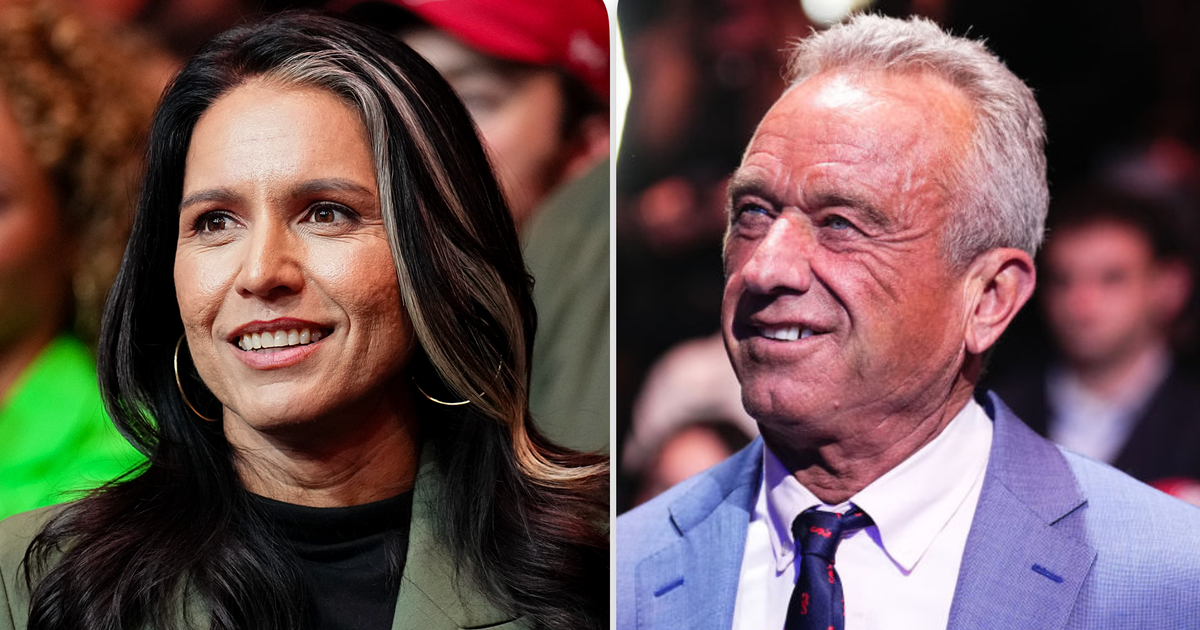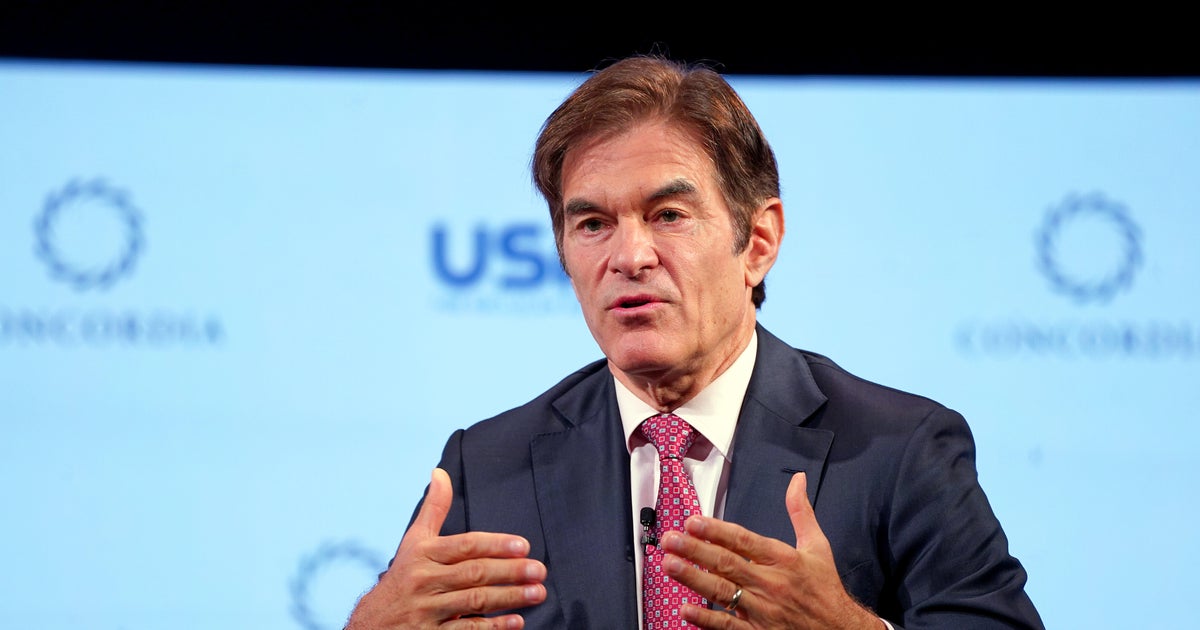Labor Secretary nominee's company underpays workers, group says
Worker advocates are questioning the fitness of U.S. Labor Secretary nominee Andrew Puzder to lead the agency, claiming that the restaurant company he has led for more than a decade does not pay employees a living wage.
In a report, the National Employment Law Project (NELP) contends that “low pay” and “lack of benefits” at the thousands of fast-food restaurants owned or franchised by subsidiaries of CKE Restaurants -- which include the Hardee’s and Carl’s Jr. burger chains -- have forced many employees to rely on public-assistance programs to put food on the table and pay for other necessities. The estimated cost to U.S. taxpayers: $247 million a year.
Puzder’s Senate confirmation hearing, which has been repeatedly delayed, is now set for Feb. 7.
A spokesman for CKE, which is based in Carpinteria, California, said that as a matter of policy the company doesn’t comment on employee matters. White House press secretary Sean Spicer didn’t respond to an email request for comment on NELP’s findings.
To arrive at its $247 million price tag for public assistance to CKE workers, NELP relied on data from several sources, including public statements by Puzder about the number of CKE restaurants in the U.S. (2,920) and the approximate number of workers at each outlets (25), excluding general managers. Based on that information, NELP concluded that CKE’s restaurants have about 73,000 “front-line” workers domestically.
It multiplied that figure by the estimated average cost to taxpayers of providing public assistance, including Medicaid, food stamps and other federal-state benefits, per fast-food employee. A 2013 study by NELP found that average “public cost” was slightly more than $3,300 per worker annually. In 2016 dollars, that’s about $3,500, according to NELP.
Lupe Guzman, a 47-year-old single mother, said she has worked for the past seven years at a Carl’s Jr. on the Las Vegas strip, but her wages have remained stubbornly low, forcing her to rely on food stamps, state housing assistance and Medicaid to provide for herself and her six children.
A “graveyard” shift worker, Guzman said her rent and other expenses have soared in recent years, but her wages have essentially remained flat. She makes $8.75 per hour. Nevada’s minimum wage is $7.25 per hour for workers who are offered qualifying health benefits and $8.25 for those who are not.
“They hardly give out raises, and when they do, it’s nickels and dimes,” said Guzman, who has gotten involved locally with the union-backed Fight for $15 movement.
A CKE spokesman said that nearly all of the nearly 6,200 employees at company-owned restaurants earn more than the federal minimum wage of $7.25 an hour. Workers who start at the minimum wage typically get a performance review within three months to determine whether a promotion is in order, according to the spokesman.
Still, the vast majority of Carl’s Jr. and Hardees restaurant workers aren’t technically CKE employees. They work for independent franchisees that, according to published reports, operate some 90 percent of restaurants under the CKE umbrella.
George Thompson, a spokesman for Puzder and a partner at Banner Public Relations in Washington, D.C., dismissed what he called “NELP’s wild conclusions,” arguing that they’re “either due to bad math or blind bias.”
He added, “Regardless, it’s another union-funded smear on Mr. Puzder.”
Puzder, a wealthy businessman who joined privately held CKE in 1997 and who became its CEO in 2000, has been among the most controversial of Mr. Trump’s cabinet picks. The executive has become a lightning rod in the debate over minimum wage increases, overtime regulations and other workplace policies. Labor activists have sought to derail his nomination, while some business groups have pushed back.
Puzder has argued that hefty minimum-wage increases would hurt small businesses and lead to job losses.
In an interview with the Los Angeles Times last year, Puzder said that at CKE workers “don’t make minimum wage for a very long period of time.”
“If you are going to stay and you show you have value, then your wage is going to go up,” he is quoted as saying. He added, “There’s nothing wrong with rational increases in the minimum wage that don’t kill jobs.”
Other fast-food companies and large retailers have come under fire for having many workers who are forced to rely on federal programs to make ends meet. That effectively means U.S. taxpayers are subsidizing billion-dollar employers, critics claim. A 2015 study by the University of California Berkeley Labor Center concluded that state and federal governments contribute more than $150 billion a year to help support working families making poverty-level wages at big corporations such as Walmart (WMT) and McDonald’s (MCD).
In another development that could complicate Puzder’s confirmation, The Associated Press reported Friday that he outsourced CKE’s technology department to the Philippines, a move that contradicts Trump’s vow to keep American jobs in the U.S.
Trump has criticized American companies that move, or even consider moving, overseas, saying he’s sticking up for American workers who aren’t feeling the economic recovery and form his political base.
For her part, Guzman says she’d rather not take “handouts” in the form of public assistance. She’d prefer a job that pays her enough to cover basic expenses without worrying that doing so will put her over the edge financially.
“I want the American dream just like everybody else, but there is no way that families like mine will achieve that goal making poverty wages. No matter how hard we work, we aren’t getting ahead,” she said.



